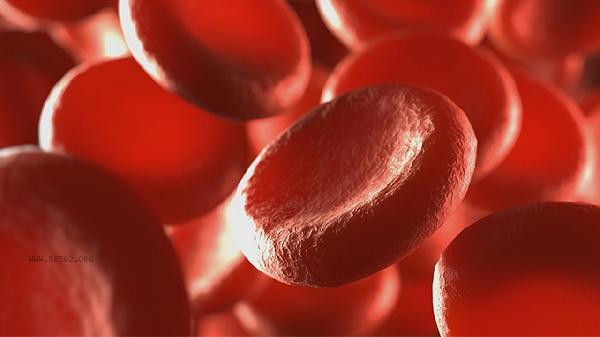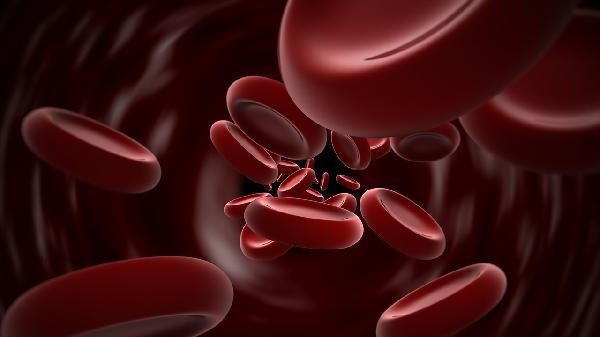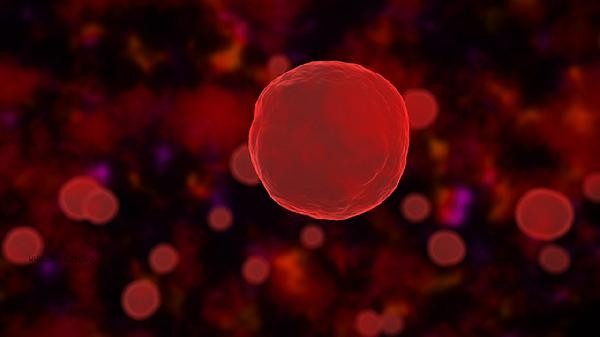The red blood cell volume of 110MCV110fL belongs to the category of large cell anemia, and in most cases, it needs to be comprehensively judged by combining hemoglobin values and other indicators. Whether treatment is needed mainly depends on the degree of anemia, the type of cause, and whether there are accompanying symptoms. Common causes include vitamin B12 deficiency, folate deficiency, alcoholic liver disease, hypothyroidism, etc.

1. Nutritional deficiency:
Insufficient intake of vitamin B12 or folate is a common cause of large cell anemia. Long term vegetarianism, gastrointestinal absorption disorders such as atrophic gastritis, and increased demand during pregnancy may trigger it. Blood tests show excessive neutrophil lobulation, which may be accompanied by neurological symptoms such as glossitis and numbness in the hands and feet. Mild deficiency can be improved by adjusting diet and supplementing animal liver and green leafy vegetables, while moderate to severe deficiency requires medication intervention.
2. Alcohol effects:
Long term excessive alcohol consumption can interfere with red blood cell production, leading to abnormal bone marrow hematopoietic function. These patients are usually accompanied by abnormal liver function, with an increase in average red blood cell volume but no significant decrease in hemoglobin. After quitting drinking for 3-6 months, many indicators can recover on their own. During this period, it is necessary to monitor transaminase levels and supplement with B vitamins.
3. Thyroid disease:

Hypothyroidism can slow down the rate of bone marrow hematopoiesis and produce immature red blood cells with increased volume. Patients may have symptoms such as fear of cold, weight gain, and dry skin at the same time. The diagnosis can be confirmed through thyroid function examination and TSH testing, and anemia symptoms usually improve after supplementing thyroid hormones.
4. Bone marrow abnormalities: Blood diseases such as myelodysplastic syndrome may lead to pathological hematopoiesis, in which in addition to elevated MCV, white blood cell or platelet abnormalities are often accompanied. A bone marrow biopsy is required for diagnosis, and this condition requires specialized treatment in hematology, including interventions such as immune modulators or hematopoietic stem cell transplantation.
5. Drug factors:
Long term use of antiepileptic drugs, hypoglycemic drugs, etc. may interfere with folate metabolism, while chemotherapy drugs can directly damage bone marrow hematopoietic function. The collection of medication history is crucial, and if necessary, adjustments to medication plans or supplementation of hematopoietic materials should be made under the guidance of a doctor.
It is recommended that individuals with elevated MCV complete serum ferritin, vitamin B12, folate concentration testing, and observe for anemia symptoms such as fatigue and palpitations. Maintain a balanced diet in daily life, increase intake of lean meat, eggs, and dark vegetables in moderation, and limit alcohol consumption. Mild abnormalities without clinical symptoms can be re examined after 3 months. If the hemoglobin level is below 100g/L or accompanied by neurological symptoms, timely medical attention should be sought. Pregnant women and the elderly should regularly monitor blood routine, and diabetes patients should pay attention to the influence of drugs on hematopoietic function.










Comments (0)
Leave a Comment
No comments yet
Be the first to share your thoughts!